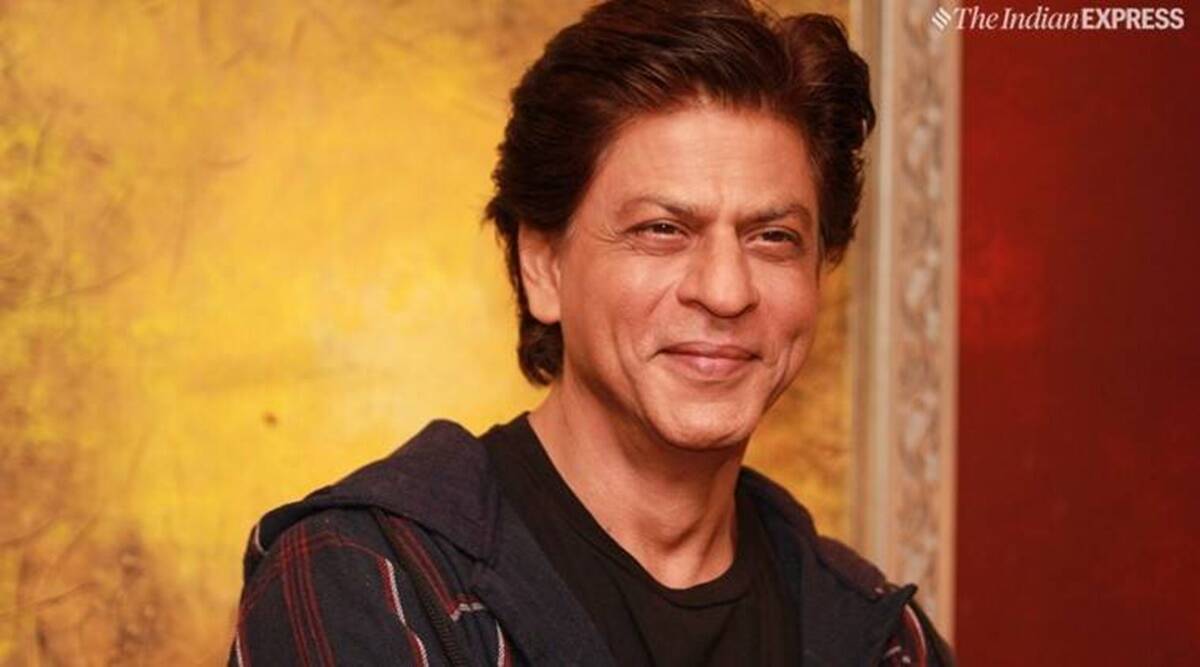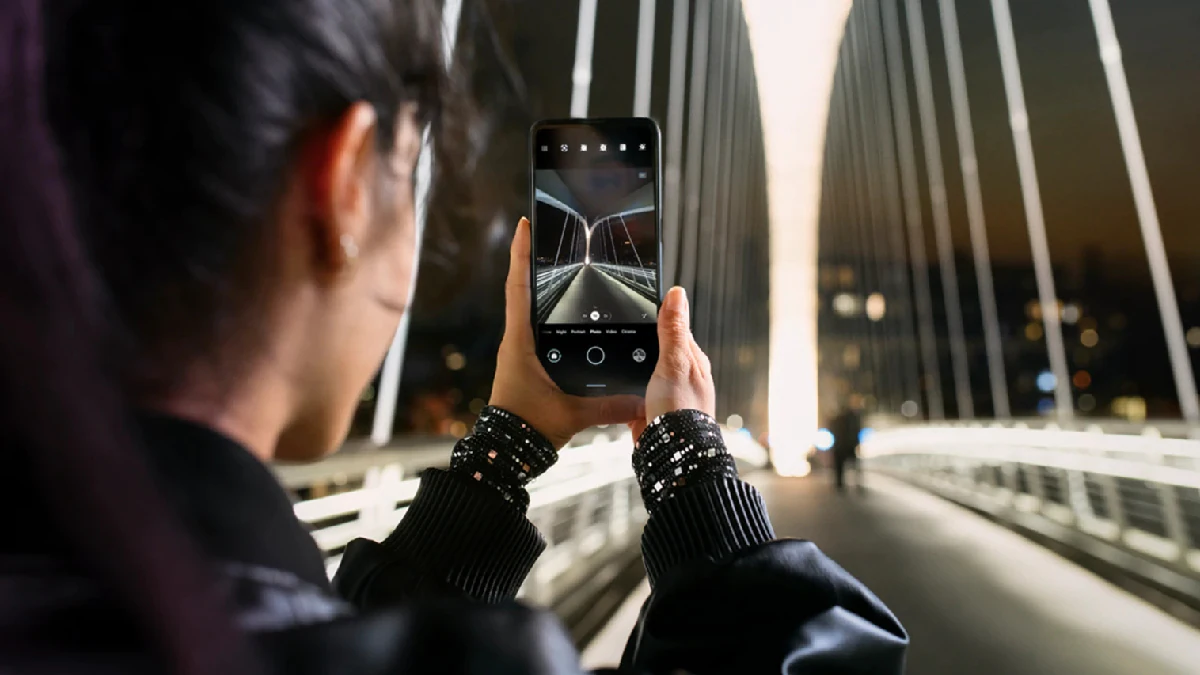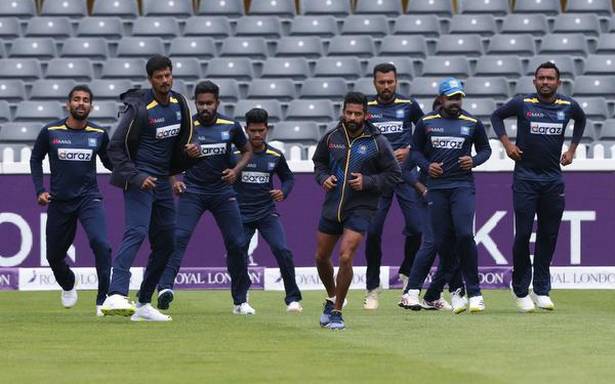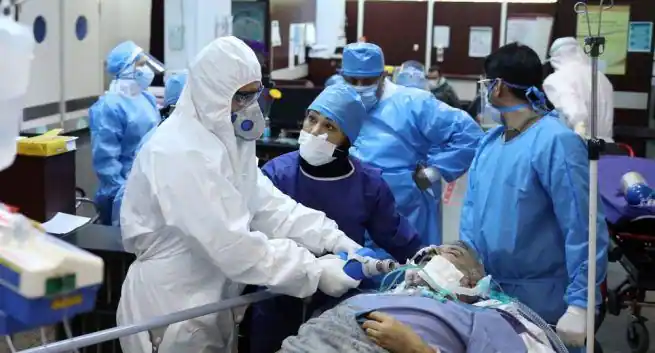Outgoing Chief Justice of India S A Bobde had considered actor Shah Rukh Khan for mediation in the Ayodhya Ramjanmabhoomi dispute, senior advocate Vikas Singh revealed at the virtual farewell hosted by the Supreme Court Bar Association (SCBA) for the CJI on Friday.
Calling Justice Bobde’s efforts to resolve the dispute through mediation “noteworthy”, Singh, the SCBA president, said, “While on the Ayodhya dispute, I must give out a secret between me and Justice Bobde. While he was in the initial statement of the hearing, he asked me if Shah Rukh Khan can be a part of the committee. Since Justice Bobde was aware that I knew Shah Rukh, he asked me if I can speak to him.”
Singh said Khan had agreed. “Khan even said the foundation stone of the mandir be laid by Muslims, and the foundation of the masjid be laid by Hindus. But the mediation process failed and so the plan was dropped. But his (CJI Bobde’s) willingness to resolve communal tension through mediation was noteworthy.”
The mediation panel had been set up in March 2019 by a five-judge Constitution Bench headed by then CJI Ranjan Gogoi, comprising former Supreme Court judge Justice F M I Kalifulla, Art of Living Foundation’s Sri Sri Ravi Shankar, and senior advocate Sriram Panchu.
Singh said that in the initial stages of Ayodhya hearing, Justice Bobde firmly believed that the problem could be resolved through mediation. As that process failed, a five-judge Constitution Bench headed by Justice Bobde decided the case and cleared the way for construction of a temple at the disputed site.
Terming his last day in office as one evoking mixed feelings, CJI Bobde said the pandemic had augmented inequality in society. “I don’t want to dwell upon it but the access to technology is now determining access to justice,” he said, commenting on the restricted functioning of the judiciary due to Covid-19 that overshadowed his 17-month tenure as CJI.
While Justice Bobde as CJI headed Benches that delivered over 90 judgments, some of his most consequential rulings came in his last week. From setting criteria on appointing ad-hoc judges to dealing with pendency of cases in high courts, fixing timelines for the Central government on appointing judges, and issuing guidelines to lower judiciary for dealing with criminal trials and for expeditious trial of cheque bounce cases — he penned four verdicts in his last week. All four were cases which the CJI had taken up suo motu.
In a controversial decision last year, a Bench led by Justice Arun Mishra had convicted advocate Prashant Bhushan for contempt of court for commenting on pictures of CJI Bobde mounted on a Harley Davidson bike in his hometown during the pandemic.
The Supreme Court under him was accused of taking a largely restrained stand on the government over crucial issues regarding the pandemic even as high courts across the country raised sharp questions. During the Covid lockdown of last year, the Court had initially refused to entertain PILs on migrant distress, taking suo motu cognizance only later, after high courts began passing orders.
On Thursday, a day before his retirement, in a similar move, a Bench led by CJI Bobde decided to take up suo motu various issues related to the Covid second wave, noting that high courts taking these up were leading to “confusion” and “diversion of resources”.
He seemed to refer to the criticism directed at him, in his farewell address. “I do not wish to criticise anybody but the attitude and mutual respect necessary for judiciary’s functioning is lacking sometimes. There is no need to become a mutual admiration society but nonetheless we must work in a way that is nourishing and that fulfils the purpose of the system,” he said.




